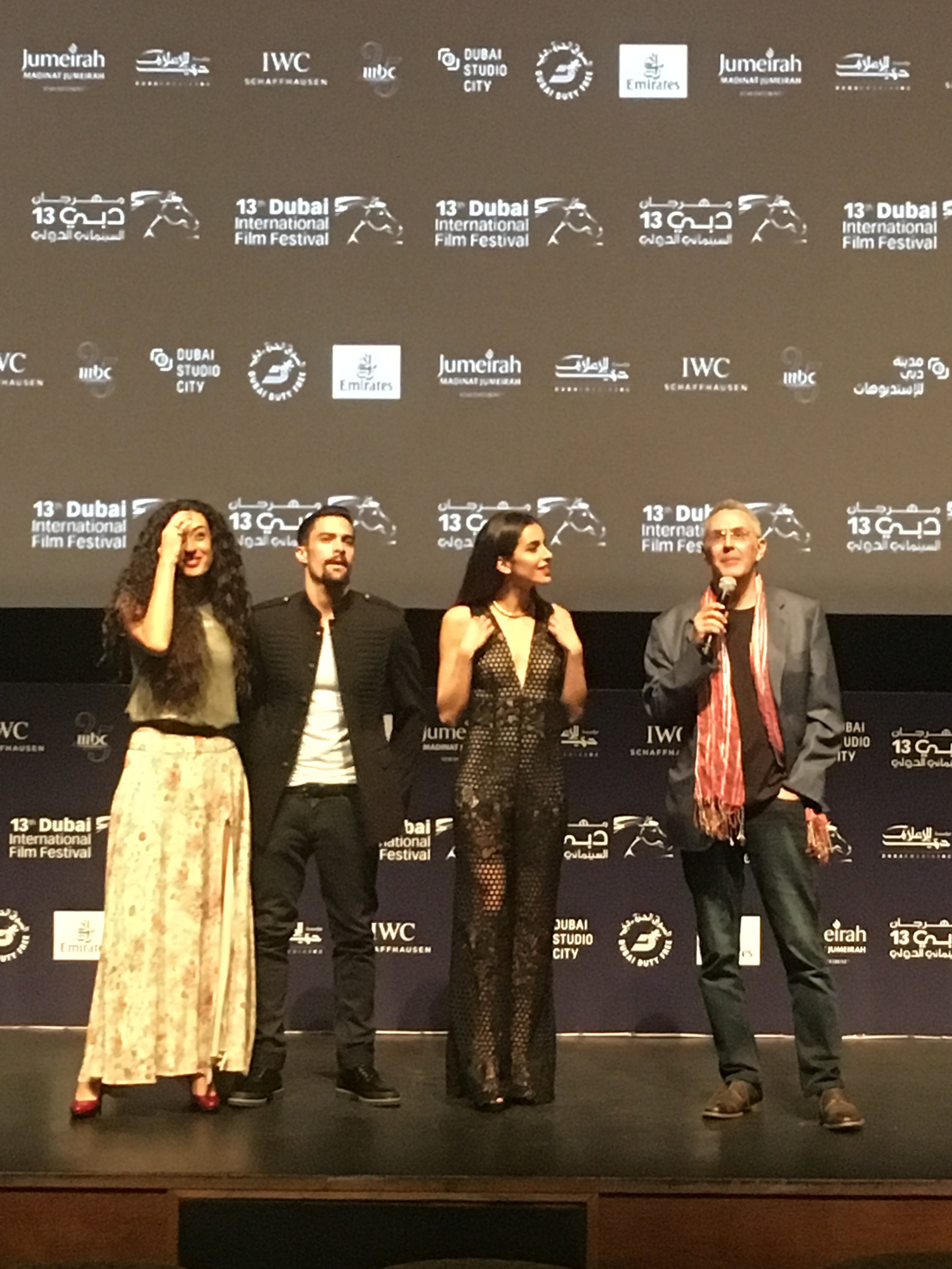Listen - Ismaii Directed by Philippe Aractingi
Listen - Ismaii
Director: Philippe Aractingi
Starring: Hadi Abou Ayash, Ruba Zaarour
Country: Lebanon
Year: 2016
Author Review: Roberto Matteucci
Lebanon is the central subject of the film Listen - Ismaii director Philippe Aractingi, presented at the 13th Dubai International Film Festival.
The author found a very intelligent metaphor: the sound and silence. The director explains:
"I've Always Been intrigued by the fact nobody listens to anybody. We speak for ourselves, but we do not really listen. We need empathy to listen - not just to hear but to feel what the other person is saying with your own emotions.
In the Middle East, and in Lebanon, we shout a lot. There are a lot of sounds everywhere - a lot of car horns. I wonder why people shout a lot, why people can not talk normally? We also have a lot of divisions, religions. Each one has its own mosque or church, and each one is shouting His own way of thinking. So I thought about making a movie sound was a very interesting subject. But it's not just a theme That makes a movie - it's a story. " (1)
Lebanon is screaming so much, when someone speaks, no one listens. It is easy to talk, indeed scream but we should have empathy to listen. The result is a huge uproar, so many noises, and the many religions express their views eternally noisily.
From this idea came the metaphor of the film.
Joud is a guy with strong and special feeling for the sound, for any vibration. It is his profession, sound technician for film.
He lives on a roof of a building, he is lonely guy, he has just one great passion: collect the voices of life. With sophisticated tools picks up the noisy on the roads or in the peaceful countryside.
Joud falls in love with Rana, a beautiful model.
Despite the huge differences they love each other.
Rana belongs to a rich family, it is brilliant, has many friends, turns to local.
Joud lives for the job, is an introvert - when the girl asks him to meet his friends he shows big microphone and other tools to collect the signals.
"What a coincidence" and it's a horrible coincidence for a sound technician listening on the phone the moment when the girl was hit by a car.
Rana enters in coma, and Joud attempt to wake her: "I need of you, do not leave me."
He is sure, even if she is in a coma, she will be able to hear, therefore he sends his tapes recorded through Marwa – Rana’s sister - because parents do not want to see him, and they do not allow him to enter in the house.
Life is passing and the sentiments - considered eternal – could finish, so the director records the last flashback as a blurred image.
Silence does not exist, also in total absence of noise, there is always something, someone, some element that is causing an acoustic effect; only with the proper tools or people with particular receptivity can perceive.
The same happens in Lebanon, there are so many sounds apparently they do not exist but actually there is a imperceptible movement.
"Freedom is not escaping from your roots." Joud tells to Marwa because she wants to marry an Englishman. Because despite the mess, Lebanon preserves the charm and hope to be a peaceful and rich country.
In fact, young people are having fun, go to dance, love music, drink behave like boys around the world.
For the author the most difficult part is making a connection between the sound and the image. He tries to create an effect with both white or black. He imagines black the pool water.
Philippe Aractingi is able to lead the intense moments of the history, especially in the flashbacks.
